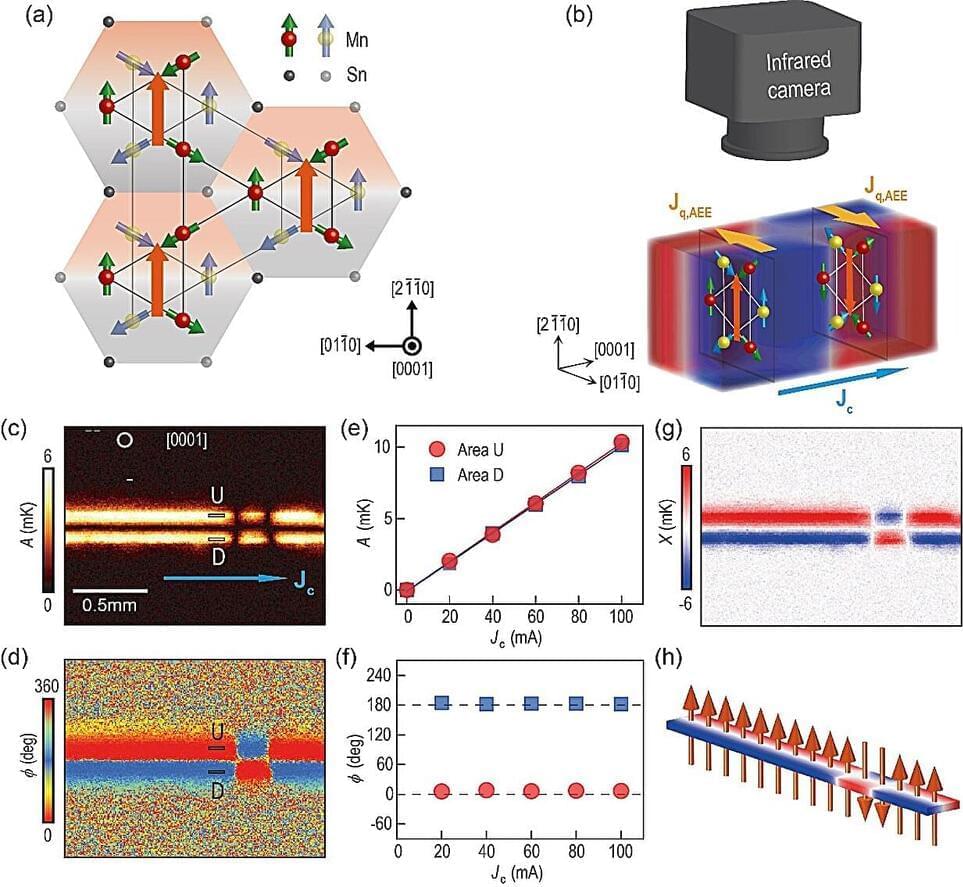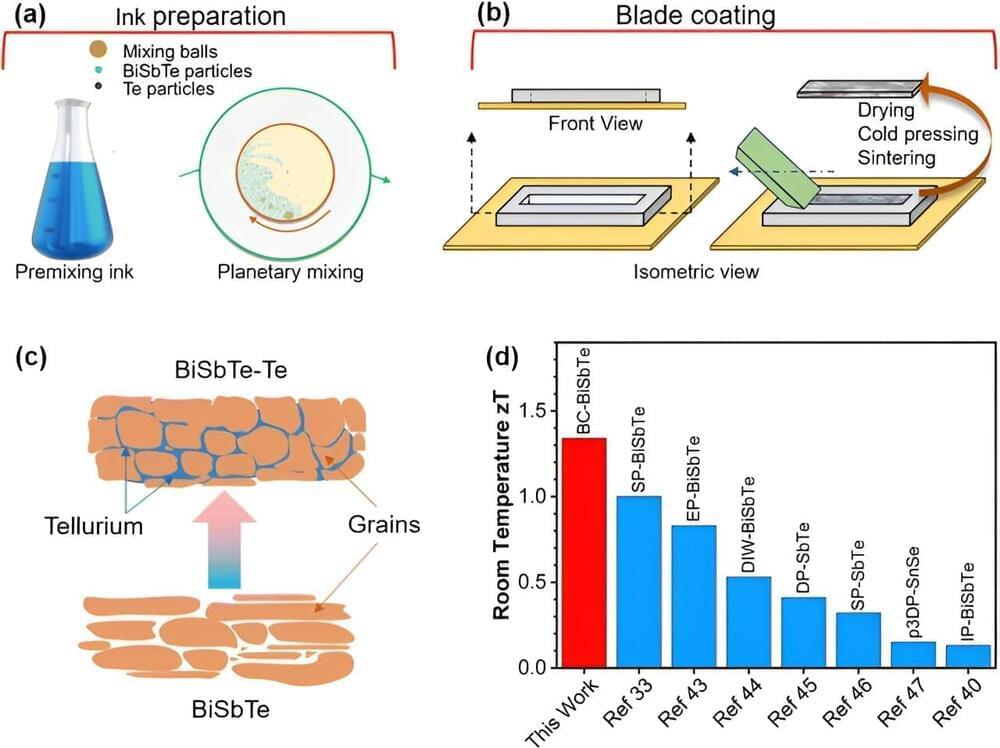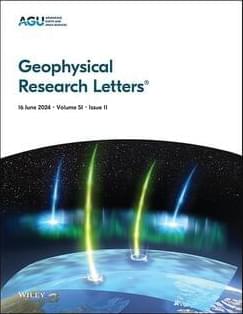Second, ants need to climb or hold onto the vehicle after locating it. The metallic paint on the vehicle surface is slippery and may potentially select for species with good climbing/gripping abilities. The climbing and moving performance of ants is determined by the morphological characteristics of leg segments (Beutel et al., 2020). Arboreal ants have hooked pretarsal claws, well-developed adhesive pads and fine tarsal hairs, allowing them to walk on smooth vertical substrates. Ground-dwelling ants, on the contrary, are less capable of moving on smooth surfaces such as vehicle paint because of their straight pretarsal claws and the lack of adhesive pads and tarsal hairs (Orivel et al., 2001).
Third, the temperature on the surface and in the interior of the vehicle can increase dramatically when exposed to sunlight, especially in the summer, indicating the thermal tolerance of hitchhiking species may play an important role in determining their colonisation success (Nixon et al., 2019). Arboreal ants are generally more heat-and drought-tolerant than ground-dwelling ants are (Hood & Tschinkel, 1990 ; Leahy et al., 2022), which could potentially translate into a higher probability of successful establishment at the destination due to better survival chance with high temperatures on or in the vehicle.
It is likely that ant hitchhiking events would be much more common than what has been reported through our Facebook group. We suspect that whether vehicle owners are aware of the Facebook group and/or vehicle owners are willing to report their observations to our Facebook group would play a critical role in the number of incidents we received for this citizen science project. Nonetheless, we were able to record at least 52 hitchhiking cases with complete information over a 7-year period. Despite a relatively small dataset, the estimated sampling completeness was appropriate (Figure S3). To our knowledge, this is the first report profiling active ant hitchhiking on vehicles via citizen science efforts, highlighting the importance of establishing a predictive framework for forecasting future hitchhikers based on behavioural, morphological, physiological and ecological traits of ant species. Such a framework will help facilitate the development of effective management strategies for mitigating ant invasions via active hitchhiking on vehicles.






